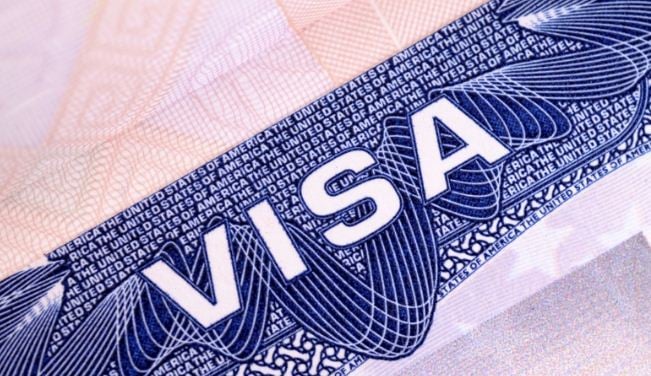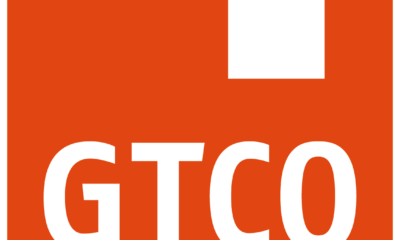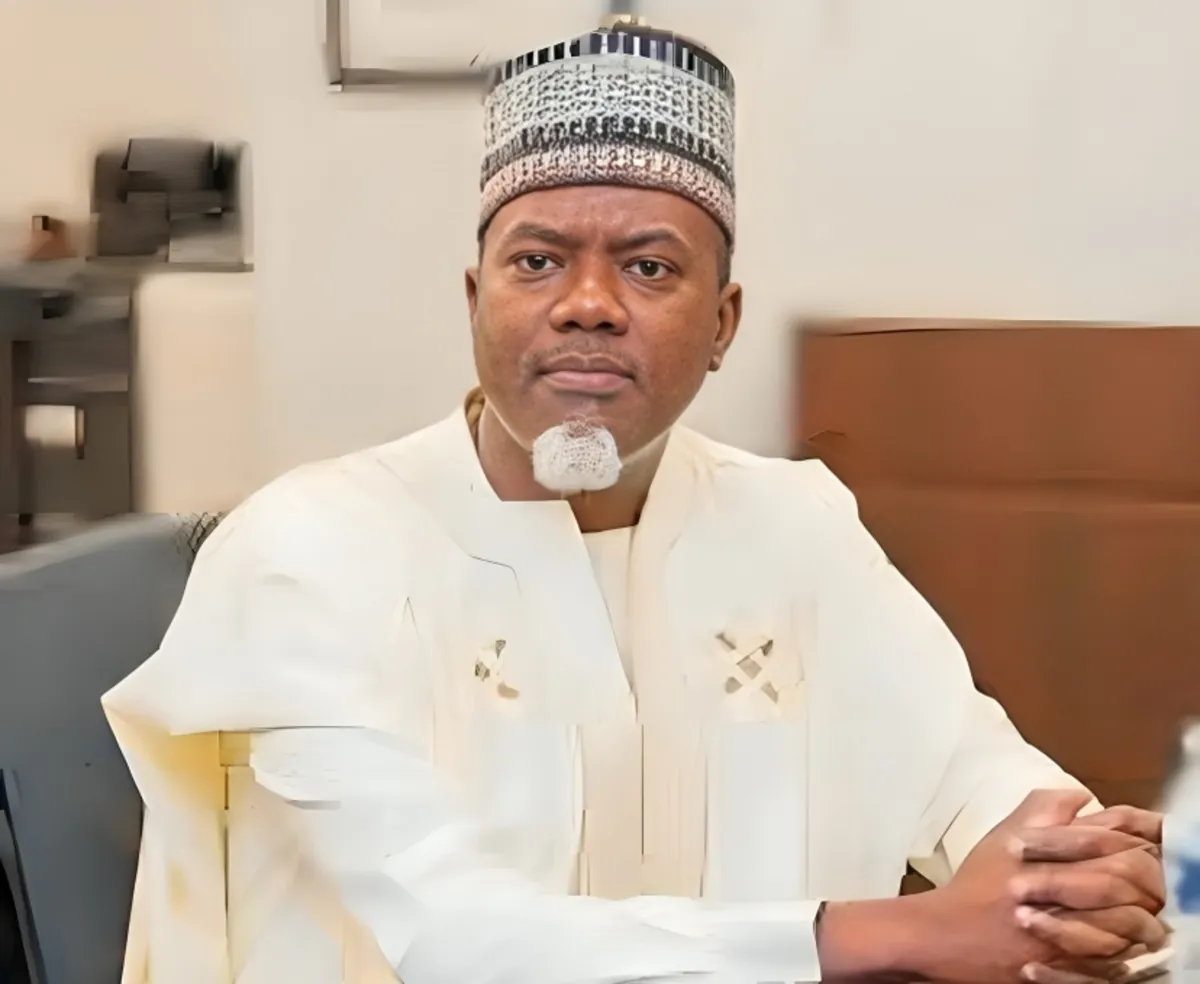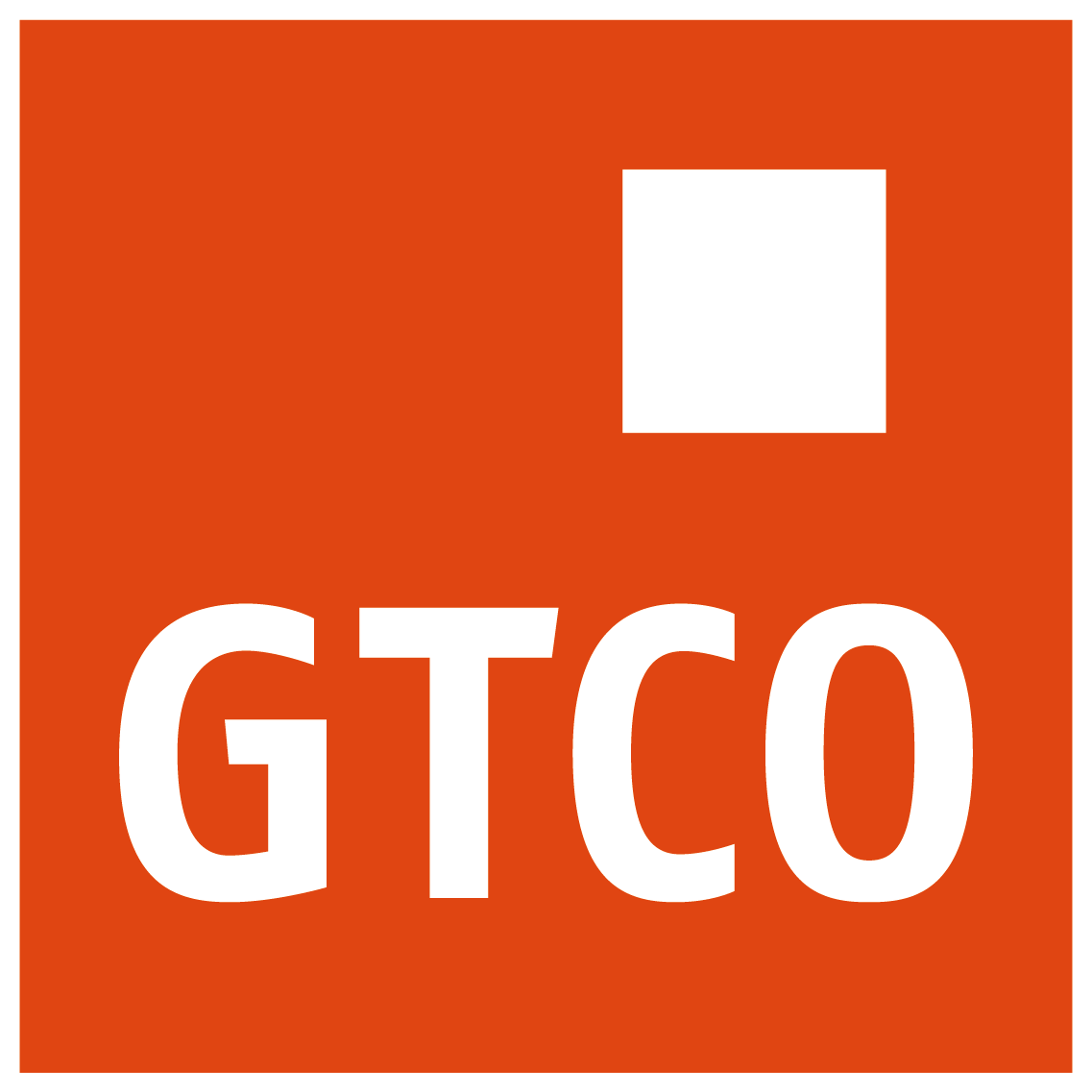The United States government says its decision to limit most non-immigrant and non-diplomatic visas issued to Nigerians to single-entry and a three-month validity is based on “global security standards”, not a retaliatory move.
A statement released by the US Department of State on Tuesday said the updated policy, which took effect on July 8, 2025, applies to new visa issuances and will not affect visas granted before that date.
“U.S. visa criteria and standards are designed to protect the integrity of U.S. immigration systems. These standards are based on global technical and security benchmarks. The U.S. Mission is working with the Government of Nigeria to ensure that Nigeria can meet the criteria,” the statement reads.
The statement explained that visa reciprocity is subject to continuous review and can be adjusted at any time, including changes to the number of permitted entries and visa validity periods.
The new visa policy affects only non-immigrant and non-diplomatic categories, meaning most short-term travelers for business, tourism, and study will now receive visas valid for just three months and for one entry into the US.
The announcement generated mixed reactions with reports linking the move to Nigeria’s stance on third-world deportees.
But a statement by the US mission in Nigeria on Friday said the changes are part of a global effort to align visa policies with security priorities, not a country-specific decision.
“This reduction is not the result of any nation’s stance on third-country deportees, introduction of e-visa policies, or affiliations with groups like BRICS,” the statement reads.
“The reduction in validity is part of an ongoing global review of the use of U.S. visas by other countries using technical and security benchmarks to safeguard U.S. immigration systems.
“We value our longstanding partnership with Nigeria and remain committed to working closely with the Nigerian public and government officials to help them meet those criteria and benchmarks, thereby ensuring safe, lawful, and mutually beneficial travel between our nations.”
Since taking office, US President Donald Trump has signed a flurry of executive orders aimed at deporting millions of “illegal immigrants” — many of whom are asylum seekers — back to their countries of origin.
Diplomatic sources had said Trump has been putting pressure on many countries to serve as temporary homes for asylum seekers until their cases are treated, and this usually takes up to seven years.
A few countries have already received some deportees. However, Nigeria has refused to be part of the arrangement. Discussions took place but were unsuccessful owing to Nigeria’s unwillingness to accept non-citizens, many of whom had a number of years left to finalise their asylum applications.
The sources said Nigeria’s refusal to accept asylum seekers from the United States is partly responsible for the recent visa restrictions.

 BIG STORY5 days ago
BIG STORY5 days ago
 BIG STORY2 days ago
BIG STORY2 days ago
 BIG STORY4 days ago
BIG STORY4 days ago
 BIG STORY4 days ago
BIG STORY4 days ago
 BIG STORY4 days ago
BIG STORY4 days ago
 BIG STORY2 days ago
BIG STORY2 days ago
 BIG STORY3 days ago
BIG STORY3 days ago
 BIG STORY4 days ago
BIG STORY4 days ago























